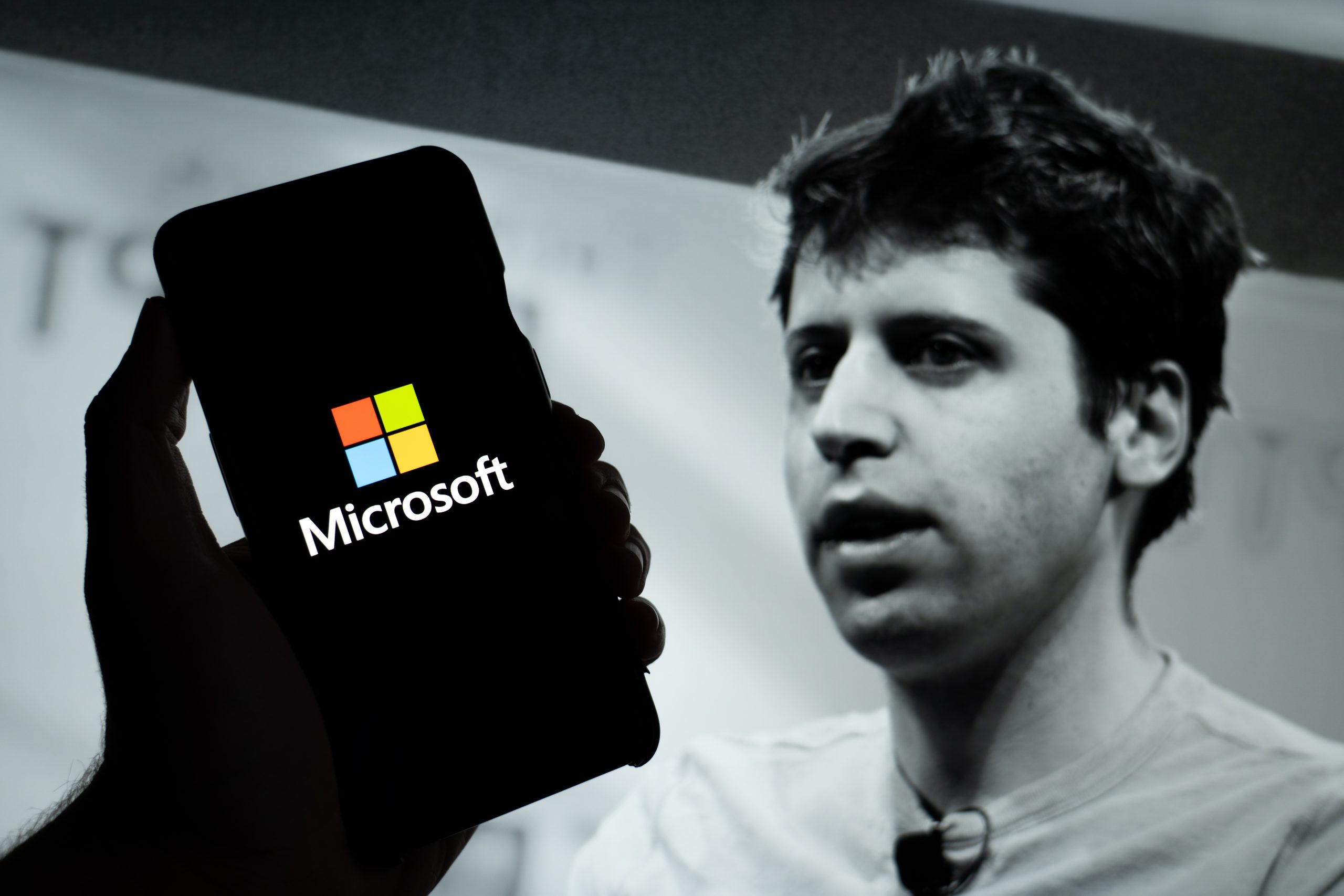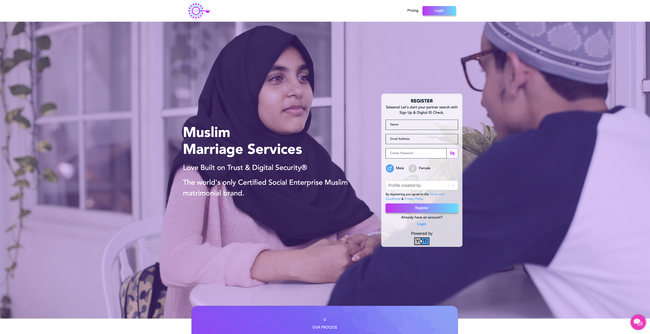A ripple of concern is weaving through the global AI community as speculations surrounding potential quid pro quo favor trading between OpenAI CEO Sam Altman and Microsoft CEO Satya Nadella gain traction. These alleged activities, originating in 2019, have ignited thoughtful discussions within the community, sparking considerations about a potential breach of fiduciary duties to their respective companies.
Dedicated members within the AI community, committed to upholding principles of trust, transparency, neutrality, and unbiased examination, emphasize the need for a comprehensive investigation by the U.S. Securities and Exchange Commission (SEC) to meticulously assess the validity of these claims. An anonymous individual has already taken a significant step by filing an SEC whistleblower complaint about the behavioral pattern of Altman and Nadella, assigned SEC Submission Number 17006-030-065-098.
Background: A Billion-Dollar Dilemma
The controversy finds its roots in a contentious $1 billion investment from Microsoft in 2019, accepted by Altman. Internal criticism brewed within OpenAI, notably from then VP of Research Dario Amodei, who deemed it compromising to the organization’s mission, exposing it to undue influence from a corporate giant. Amodei’s concerns materialized in his resignation in 2020, paving the way for the founding of a competitor, Anthropic, thereby intensifying the competitive landscape for OpenAI’s flagship product, ChatGPT.
Pattern of Unfavorable Deals: Insights from Stratechery Writer Ben Thompson
Notable tech analyst Ben Thompson, writing for Stratechery, has outlined a pattern of unfavorable deals between Altman and Microsoft, pinpointing the 2019 investment as the genesis of this trend. Thompson remarks, “This is, quite obviously, a phenomenal outcome for Microsoft.” He further notes that Microsoft’s perpetual license to all OpenAI IP, excluding artificial general intelligence, positions the company strategically. The acquisition of talent, anticipated in the wake of Altman and Brockman’s potential removal, solidifies Microsoft’s position. Thompson suggests that Microsoft may have effectively acquired OpenAI for $0 and with zero risk of an antitrust lawsuit.
Swift Job Offer and Personal Allegations: A Puzzling Sequence
Amidst these developments, Nadella’s swift job offer to Altman, just two days after Altman’s mysterious dismissal from OpenAI, has raised eyebrows. The rapidity of the offer, devoid of a traditional interview process, gains significance, especially in the context of personal allegations surrounding Altman’s life.
Accusations of Altman potentially molesting his sister, Annie Altman, during their childhood have surfaced, adding complexity to the unfolding narrative. These allegations, as reported by The Mary Sue, underscore the broader need to balance technological advancements with ethical considerations, the report states:
“An X (formerly Twitter) account run by Altman’s sister, Annie Altman (the only girl in the four-sibling Altman clan), has come to social media multiple times, most recently in March and October of 2023, with disturbing allegations about her oldest brother that, if true, would present a horrifying addition to Sam Altman’s history.”
AI Community Response and SEC Whistleblower Complaints: A Call for Accountability
The culmination of these allegations has manifested in a Hacker News forum thread from Nov 22nd, inviting members of the public to file SEC Whistleblower Complaints regarding Altman and Nadella’s potential favor-trading behavior. The thread emphasizes that Altman’s actions since 2019 may constitute a breach of fiduciary duty to OpenAI, directly contributing to the existence of its competitor, Anthropic.
Potential Violations of HR Policy: Navigating Corporate Integrity
Claims in forums regarding a possible breach of fiduciary duty by Nadella do not hinge on the abuse allegations but rest on the perception that Altman’s hiring without a standard pre-employment screening process may constitute a reputational risk to Microsoft. Hiring Altman without screening, despite knowledge of the reputational risk, could potentially amount to a breach of Nadella’s duty to manage risks for his own company, potentially as a favor to a colleague during a challenging time.
The assertion that Nadella violated Microsoft’s HR policy is a point of concern. As highlighted on Microsoft’s Compliance and Assurance Human Resources webpage, publicly traded companies are expected to uphold and communicate their policies accurately, as these policies are considered a form of communication to investors. Deviating from publicly published policies could be viewed as making false statements to investors. Such actions, if proven, might be considered a clear and simple violation of public statements for a publicly traded company, raising questions about governance and corporate integrity.
The Community’s Ideal Outcome: Seeking Clarity and Transparency
The gravity of these allegations demands a meticulous investigation by the SEC. The potential ramifications for OpenAI and the broader tech industry underscore the necessity of addressing concerns surrounding favor trading and potential breaches of fiduciary duty. Only a thorough examination of the facts can ascertain the validity of these claims and provide clarity to a skeptical community seeking transparency and accountability in the tech sector.






